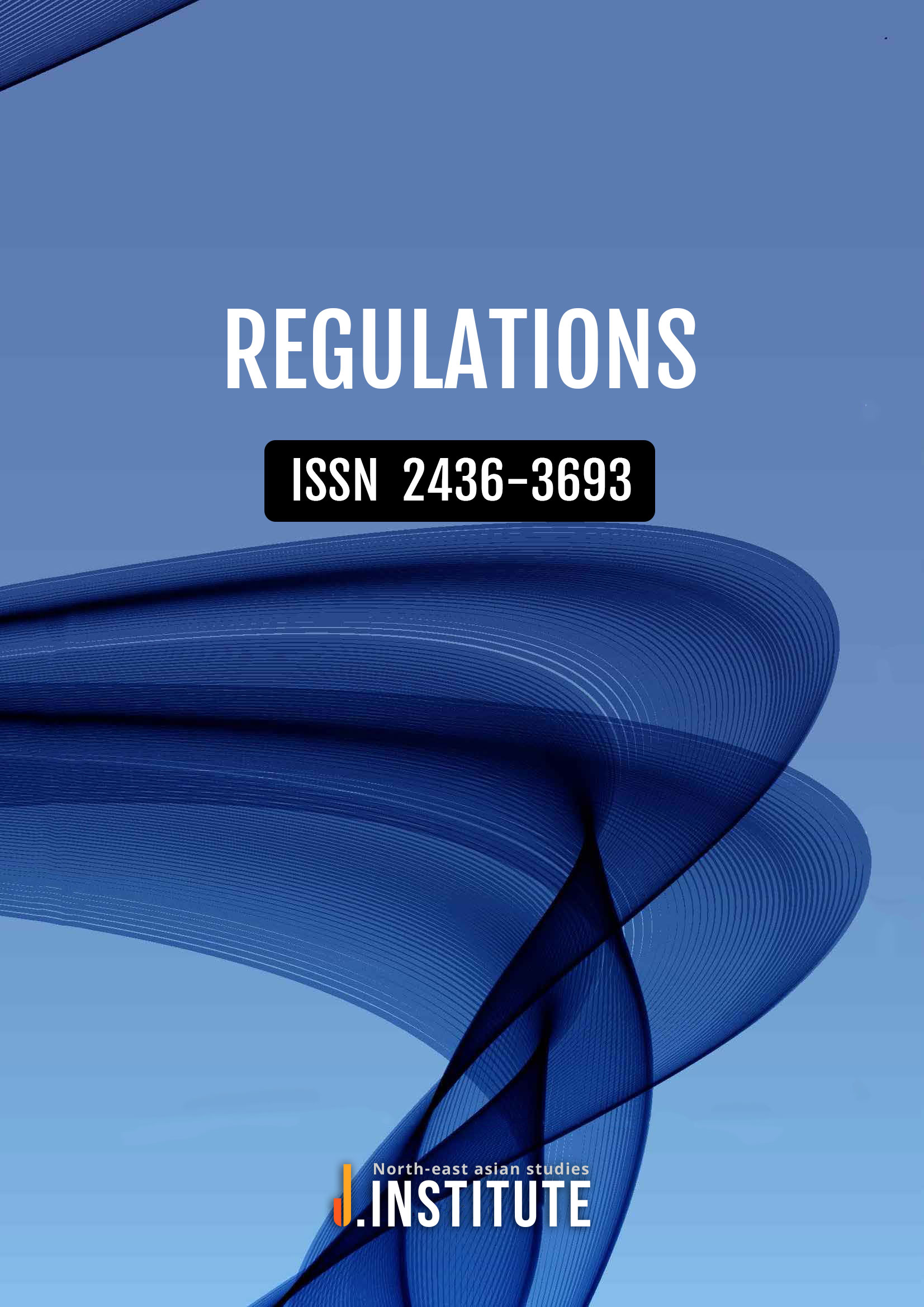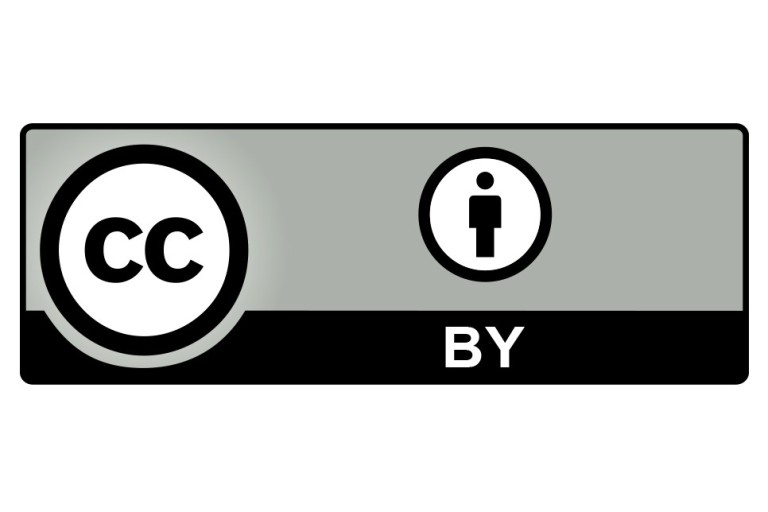Society is a space where various stakeholders interact and cooperate, and harmonious regulation is needed to control this importance human life and behavior are important domains at individual and societal levels, and regulating them is a matter of international importance proper regulation plays an important role in ensuring the welfare and safety of individuals Regulations create an environment in which individuals can live safely and be the foundation physical, mental and social phenomenon’s.
Amid this, human life, behavior, and regulation are linked on an international level. In today’s world where various countries and regions interact and compete, international cooperation and harmony are required. International regulations and norms help countries coordinate relations and respond to international challenges. Through international cooperation and harmony, humanity can realize common goals and shape a better future in an interdependent world.
Amidst this uncertainty, various national policy experiments are being attempted, but socially acceptable and agreeable policies are not visible and are rapidly expanding into social problems.
This phenomenon is causing social conflicts between policies such as the state and the market, inclusion and exclusion, universality and selection, and policies that effectively respond to various social regulation issues along with the task of presenting a long-term and fundamental alternative model in accordance. Furthermore, for the sustainability of society, connects the present and subsequent generations to a better life.
This journal is human life and regulation have a deep connection with human rights and human activities, and social phenomena such as individual happiness, achievement, the satisfaction of needs, self-realization, and formation of human relationships through expressive social values, are demanding fundamental changes in human life customs, culture, and art and contributes to the pursuit.
Detail with a we recommend that potential authors review recent issues to determine whether their paper is appropriate to the journal.
Aims & Scope
Area 1 Life and Behavior
Area 2 Social Culture
Area 3 Social Stability and Prosperity
Latest Articles
-
Purpose: This study has public value as it identifies the current status and problems of extracurricular program. It does so by analyzing the operation and performance of extracurricular program after selecting them based on the results of student needs analysis. Additionally, it verifies whether participation in extracurricular program has an effect on self-efficacy and suggests implications for future program design and activation. Method: Data collection was conducted by surveying students in the science department of O University in the Seoul metropolitan area, and analysis methods included frequency and percentage, exploratory factor analysis, reliability testing, correlation, and regression analysis. The research questions are 1. How is the selection of extracurricular program based on students' needs analysis? 2. What are the results of the analysis of the operational performance of extracurricular program? 3. Is participation in extracurricular program effective in promoting self-efficacy? Results: Based on research question 1, the extracurricular program selected were the Creative Convergence Competition, the Foreign Student Mentoring Program, 5L DAY, and the 3D Printing Instructor Certification Course. According to research question 2, the creative convergence competition was able to develop core competencies outside the major and needed communication channels between departments. International student mentoring needed to strengthen the criteria for international students to participate in the program, and the 3D printing instructor certification course needed online lectures for theory and in-person lectures for practice. 5L DAY had the highest level of satisfaction among the comparison programs. According to research question 3, participation in the Future Learning Capability Program was effective in improving self-efficacy. Conclusion: The limitations of this study include that the research subjects are limited to the science departments of metropolitan universities, and the effectiveness of the "Future Learning Competency" extracurricular program is verified among the core competency-based extracurricular program of universities, and subsequent research requires subdivision by department and grade, and research on various factors such as learning effectiveness and satisfaction.Keyword:Future Learning Competency, Extracurricular Program, Operation, Performance, Self-Efficacy
-
Purpose: The main purpose of this study is as follows. First, it analyzes the differences in organizational outcome variables(work-life balance, boss reliability, job satisfaction, work performance, and organizational commitment) according to the use of the flexible work system. Second, it analyzes the difference between the presence or absence of experience in using the flexible work system and organizational outcome variables(work-life balance, boss reliability, job satisfaction, work performance, and organizational commitment). Third, it analyzes the difference between experience without permission for the flexible work system and organizational outcome variables(work-life balance, boss reliability, job satisfaction, work performance, and organizational commitment). Method: In order to achieve the purpose of this study, a questionnaire was designed for public officials in Daegu to understand the use of the flexible work system and the degree of recognition of organizational outcome variables. Organizational outcome variables included family-friendly policy satisfaction, work-life balance, organizational contribution, boss trust, organizational satisfaction, job satisfaction, work performance, turnover intention, organizational commitment, and life satisfaction. In order to achieve the purpose of this study, basic statistical analysis, frequency analysis, and cross-analysis were sequentially performed. Results: As a result of the statistical analysis of this study, there is a difference in the level of awareness of organizational outcome variables between groups that currently use and do not use the flexible work system, and groups that do not have permission to use the flexible work system. Conclusion: The statistical analysis results of this study suggest that there is a clear difference in perception between groups of workers in different situations regarding the use of the flexible work system. This is thought to be a policy implication necessary for the proper design of the flexible work system in public organizations and the more active use of the flexible work system.Keyword:Flexible Work System, Local Government, Public Officials, Use of Flexible Work System, Organizational Outcome Variables
-
Purpose: Local autonomy was revived in 1991, and 30 years later, local councils have made a lot of progress. However, local residents' trust in local councils is not at a satisfactory level. In particular, on January 13, 2022, the entire「Local Autonomy Act」was amended to strengthen the autonomy of residents and local governments, and to secure transparency and accountability. It can be said that it is necessary to enact a local council law that can increase. Method: Comparison and analysis of the 'Local Council Act' proposed by Jeon Hyun-hee, former member of the 20th National Assembly in February 2018 and Lee Hae-sik, a member of the National Assembly in November 2020, which is the most representative proposal among local council laws, and refer to the Local Autonomy Act and the National Assembly Act to determine the direction of local assembly law wanted to make a suggestion. Results: The role of local councils is becoming more important to respond to the changing social structure and solve local problems. Therefore, it is necessary to activate local legislative activities to fulfill practical authority and roles. In other words, the direction of enactment of the Local Council Act should ensure the autonomy of the local council while at the same time strengthening its responsibility(professionalism). Therefore, it is required to secure transparency and reliability in the legislative activities of local councils and local councilors in parallel with the expansion of the authority of local councils. Conclusion: As matters to be considered in enacting the Local Assembly Act, first, the practical benefits of en-acting the Local Assembly Act should be fully considered. If the authority and independence of the local council can be strengthened and established by supplementing the current Local Autonomy Act, the need for enactment of the Local Council Act is low. Second, the direction of strengthening the responsibility and autonomy of local councils so that the enactment of the Local Council Act can solve problems in the local community with the strengthened authority and status of the local council, improve the quality of life of local residents, and activate grassroots democracy. should be enacted as.Keyword:Local Council Act, Local Autonomy Act, National Assembly Act, Responsibility, Accountability
-
Purpose: The societal perception of tattoos has evolved, and tattooing procedures have become more prevalent. However, tattooing constitutes a medical procedure involving invasive actions on the skin, thereby falling within the scope of medical practices. Unless performed by qualified medical professionals possessing medical expertise, there is a constant risk of jeopardizing the life, physical well-being, or public health of tattoo recipients. Consequently, this paper seeks to investigate the current state of tattooing practices in South Korea, examining the legal issues at hand, and proposing measures to mitigate potential harm to consumers. Method: Through a comprehensive review of prior research and analysis of relevant literature, including an examination of judicial precedents, this study aims to examine the stance of the Constitutional Court and the Supreme Court regarding tattooing. Additionally, it seeks to review the legislative systems pertaining to tattooing in foreign countries such as the United States and Japan in order to propose improvements to the current tattooing system and suggest measures for consumer protection. Results: Through a review of legal precedents in our country, we have identified the evolving perception regarding the practice of tattooing. Additionally, by conducting research on foreign laws and systems, we have gained new insights into the legalization of tattooing and the considerations for potential solutions. By engaging in comprehensive discussions encompassing the protection of citizens' right to life and health, public health concerns, as well as the artistic nature, freedom of expression, and freedom of occupational choice associated with tattoos, we have sought to explore measures for improvement in the field of tattooing. Conclusion: Through this study, it was possible to ascertain the changing public perception of tattooing. Additionally, by conducting an analysis of foreign legal systems that reflect the evolving perception of tattoos, avenues for the legalization of tattooing could be explored. Protecting the right to life and promoting health, which are the objectives of medical law, naturally entail reserving medical procedures for qualified healthcare professionals. However, given the difficulty of reversing the widespread acceptance of tattooing brought about by societal changes, it is now necessary to consider the legalization of tattooing through legal and regulatory frameworks. This should be accompanied by consistent governmental oversight and supervision by the Ministry of Health and Welfare to safeguard the health rights of the population.Keyword:Tattoo, Medical Treatment, Medical Law, Unlicensed Medical Treatment, Cosmetic Plastic Surgery
-
Purpose: In this study, the relationship between Using Reference Groups, Service Belief, Self-regulation, Vocational Calling, and Autonomy was investigated to analyze the factors affecting the reduction of job stress of Korean Hair-beauty Shop Workers. In addition, this study aims to analyze whether Social Support has a moderating effect on the relationship between Job Stress, Using Reference Groups, Service Belief, Self-regulation, Vocational Calling, and Autonomy. The purpose of this study is to help reduce the job stress of Korean hair salon workers and to contribute to vitalization of the beauty industry by analyzing the relationship between various factors in an integrated way. Method: This study was conducted for Korean Hair-beauty Shop Workers, and analyzed data were collected by distributing questionnaires to hair beauty shops and beauty associations and organizations nationwide. Empirical statistical analysis was performed using SPSS 25.0 program, and frequency analysis, reliability and validity analysis were performed. Multiple regression analysis was performed 4 times by defining the dependent variable stress as 4 factors, and moderating effect analysis was performed to find out the influence relationship of social support. Results: First, Using Reference Groups(β=-.309, p<.001), Service Belief(β=-.248, p<.001), Autonomy(β=-.222, p<.001), Vocational Calling(β=-.117, p<.001) factors have a significant negative(-) effect on job stress. Second, Service Belief(β=-.271, p<.001), Autonomy(β=-.209, p<.001), Using Reference Groups(β=-.089, p<.05) factors have a significant negative (-) effect on Personal Stress. Third, Using Reference Groups(β=-.365, p<.001), Self-regulation(β=-.202, p<.001), Autonomy(β=-.160, p<.001), Service Belief(β=-.144, p<.001) factors have a significant negative(-) effect on Customer and Work stress. Fourth, the factors of Service Belief(β=-.294, p<.001), Using Reference Groups(β=-.280, p<.001), and Autonomy(β=-.235, p<.001) have a significant negative(-) effect on Environment Stress. Finally, in the effects of Using Reference Groups, Service Belief, Self-regulation, and Autonomy on Job Stress, the moderating effect of Social Support was found to be statistically significant. Conclusion: Using Reference Groups, Service Belief, Self-regulation, and Autonomy were found to have a significant negative effect on Job Stress. In particular, Using Reference Groups, Service Belief, and Autonomy had a significant influence on all sub-factors of Job Stress, and Using Reference Groups had the greatest influence, con-firming that it was the most important variable for hair-beauty shop workers. It was confirmed that Hair-beauty shop workers with high Social Support had lower job stress as their Perceptions of Professionalism increased than Hair-beauty shop workers with low social support. Specifically, the negative influence of Using Reference Groups, Service Belief, Self-regulation, and Autonomy on Job Stress was larger in the group with high Social Support than the group with low social support. In order to make Hair-beauty shop workers less stressful in performing their jobs, enhancing their own professionalism is a significant means, but the manager of the hair beauty shop respects, considers, cares, and treats members intimately, Informational Support should be provided, and appropriate compensation should be provided for the job.Keyword:Hair-Beauty Shop Workers, Using Reference Groups, Service Belief, Self-Regulation, Job Stress
Publishing Schedule
| JAN | FEB | MAR | APR | MAY | JUN | JUL | AUG | SEP | OCT | NOV | DEC | |
|---|---|---|---|---|---|---|---|---|---|---|---|---|
| Submission | 4/30 | |||||||||||
| Editorial Review | 5/10 | |||||||||||
| Double Blind Peer Review | 5/30 | |||||||||||
| Review-Form Reflection Review | 6/10 | |||||||||||
| Accepted | 6/20 | |||||||||||
| Manuscript Editing Review | 6/30 | |||||||||||
| Scientific Proofreading | 7/30 | |||||||||||
| Open & Hybrid Review | 8/10 | |||||||||||
| Published | 8/30 |
♦ Issues Per Year: Annual
Organization / Board Members
Head of Editorial Organization / President
Sungwoo Sim
Baekseok Arts University, KOR
[Curriculum Vitae]
General Vice President
Soyoung Lee
Chungwoon University, KOR
[Curriculum Vitae]
Vice President
| Seungchal Lee Planning and Coordination | Daegu University, KOR |
| Hyojin Kim Public Relations | Mokpo National University, KOR |
Editor in Chief
Yongjin Sa
Keimyung University, KOR
[Curriculum Vitae]
Executive Editor
Sanghyuk Moon
Baekseok Arts University, KOR
[Curriculum Vitae]
Editor in Administrations
| Chemi Kang | Samsung Electronics Co., KOR |
| Dongwon Kim | Incheon National University, KOR |
| Gumkwang Bae | Dongeui Universityy, KOR |
| Hyunjae Cho | Dongyang University, KOR |
| Katsuk Yabiku | Ryukyus University, Japan |
| Kiyoon Kim | Sungkyul University, KOR |
| Naruth Teeramungcalanon | University of International Business and Economics, China |
| Sangbum Lee | National Association of Mayors of Korea, KOR |
| Sangguk Kang | Gangneung-Wonju National University, KOR |
| Sangmook Lee | Jeju National University, KOR |
| Sangyun Ahn | Semyung University, KOR |
| Seongik Ahn | Yeungnam University, KOR |
| Shakila Yacob | University of Malaya, Malaysia |
| Soyoung Lee | Lanzhou University of Finance and Economics, China |
| Torres Christopher | Indiana University, USA |
| Youngbae Kim | Sungkyul University, KOR |
| Youngtae Sung | Keimyung University, KOR |
History
| 2015 | ||
| JUN. 23 | National Tax Service of Republic of Korea (493-92-00207) | |
| DEC. 05 | Inaugural General Meeting | |
| 2016 | FEB. 10 | International Journal of Police and Policing (ISSN 2423-8287) |
| JUN. 30 | First Journal Publication (Japan) | |
| OCT. 11 | Digital Object Identifier Enrollment (DOI) Google Scholar |
|
| 2019 | ||
| APR. 23 | EBSCO | |
| APR. 30 | I2OR | |
| MAY. 07 | ProQuest Exribris |
|
| MAY. 15 | Infobase Index | |
| MAY. 31 | SIS | |
| 2020 | NOV. 02 | KCI (Korea Citation Index) |
| 2021 | MAR. 30 | International Journal of Police and Policing Title Alteration: Regulations (ISSN 2436-3693) |

Paper Submit
- inquiry@j-institute.org










